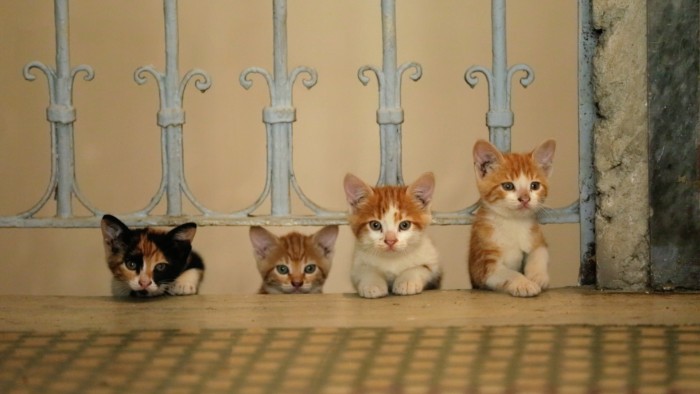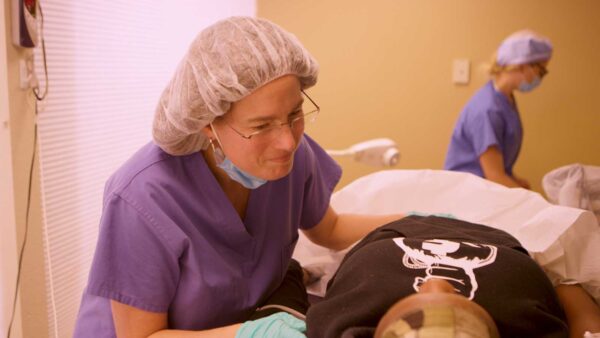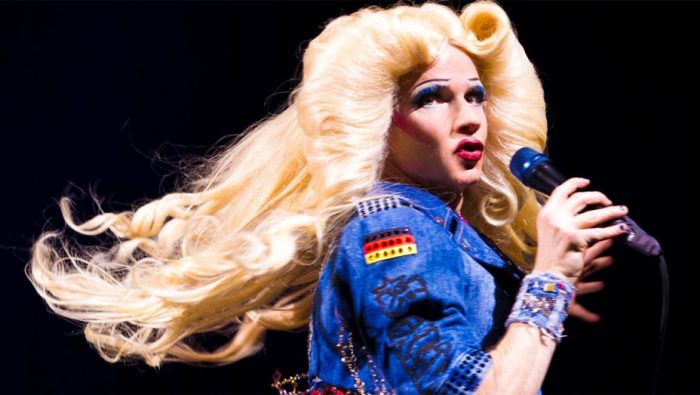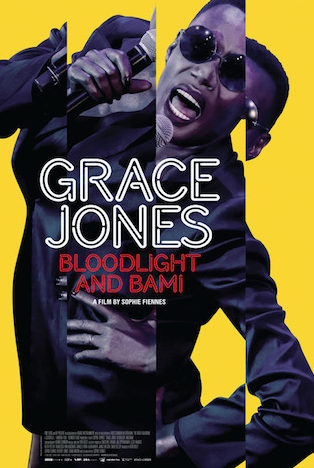“Cats […] have seen empires rise and fall.”
It is with this epic statement that KEDi begins. We are told that without cats, “Istanbul would lose its soul.” The same might be said for humanity in general. What are these strange creatures that selected us to be their companions, we who are otherwise the prime cause for extinction the world over? It seems to me that cats have pulled off the ultimate survival trick, and as the early shots of KEDi attest, even when a cat is of the streets, and knows no specific “owner,” it somehow elicits charity and kindness from us, the deadliest species.
What is the nature of this symbiosis between cat and human? KEDi explores this question, but not overtly. People simply talk about the cats that share their neighborhoods, making statements like “I think it’s wrong to trap them in houses just so we can pet them.” This is a film about the love of cats, just the mere presence of them, not even as dedicated pets. If you share that love, you will find this montage of images and thoughts appealing.
KEDi is also about daily life in Istanbul. We see the shop owner, the fishmonger, the welder. We see cityscapes, neighborhoods, slums. Perhaps, like me, you’ve never been to Turkey. Perhaps this world looks like what it is: A land foreign to your experience. But in this, The Cat acts as a universal. The Turkish love of cats is identical to the American. The love of cats could be the basis for a new world order, one that is, paradoxically, as old as civilization if only we allowed ourselves to recognize it.
Could a similar picture be made about stray dogs? The stray dog seems desperate somehow, needy, placeless, lost — or the opposite: traveling in packs, wolfish, predatory. Cats are never homeless, it seems, and never interested in ganging up against us. They can curl up in a box with their babies and take food from a flock of seagulls, “Coming and going unconditionally,” as one person says in the film. “Cats know how to act as middle-men to God’s will.” It’s not a sentiment that is often shared about the dog. Perhaps it is because cats are willful. They never seem powerless. They always have their own agency, their agility, their claws, regardless of their relationship to us.
And there is always the petting, their availability to the action of The Pet. We can touch them, if they are in the mood, and we might like that that touching has to happen on their terms. When it is allowed, we derive great pleasure from the simplest, furry contact. Shot after shot exists, in KEDi, of people petting these street cats, and their kittens, holed away as they may be in some trash, a styrofoam container and so on; and, watching, we feel immediate empathy with that filmed interaction between hand and fur.
We find the supernatural in the feline. A cat points the way to money in an abandoned wallet. We find parallels between our lives and theirs, our psychologies and theirs. Orphaned kittens are discovered and raised by a passing male cat. Our kindness to them echoes the kindness they sometimes show each other. There is also something gratifying in the watching of us that cats do. We are watchers and find kinship in the watchfulness of cats, in their attentiveness to us. The curiosity seems shared. KEDi watches cats watch humanity from their low-angled perspective. Sometimes the camera adopts their point of view and drifts along the ground, placing us behind the eyes of these creatures. We like to be watched by them, and we like to watch them watching us, as KEDi so aptly demonstrates.
Cats don’t need humans, and therefore we seem, on some level, to need them. They are self-sufficient, and we reward them for it with survival. As one person says in KEDi, “I didn’t have to tell him to hunt mice, he just assumed it was his duty. He earns his keep.” Cats are hunters, and as a fellow hunter species I suspect it is one reason why we allow them to share our spaces, and have not wiped them out as we have so many other species.
In short, KEDi is a lovely slice-of-life piece about cats who get along in the world, and about the thoughts of humans who co-exist with them. It is not a collection of tragedies. Neither is it a vat of treacle. It’s a proper wildlife film about creatures that somehow survive in our wild, and the thoughts we have about them. It is a film not to be missed by anyone who cares even a little bit about cats, or the human capacity to co-exist with others — human, feline, or otherwise.
KEDi, directed by Ceyda Torun, is playing now at the Landmark Guild 45th in Wallingford and SIFF @ The Uptown. Catch it before it vanishes down some alleyway. You can also read a letter about KEDi, written by the filmmaker, here: https://www.landmarktheatres.com/kedi-filmmaker-letter






















